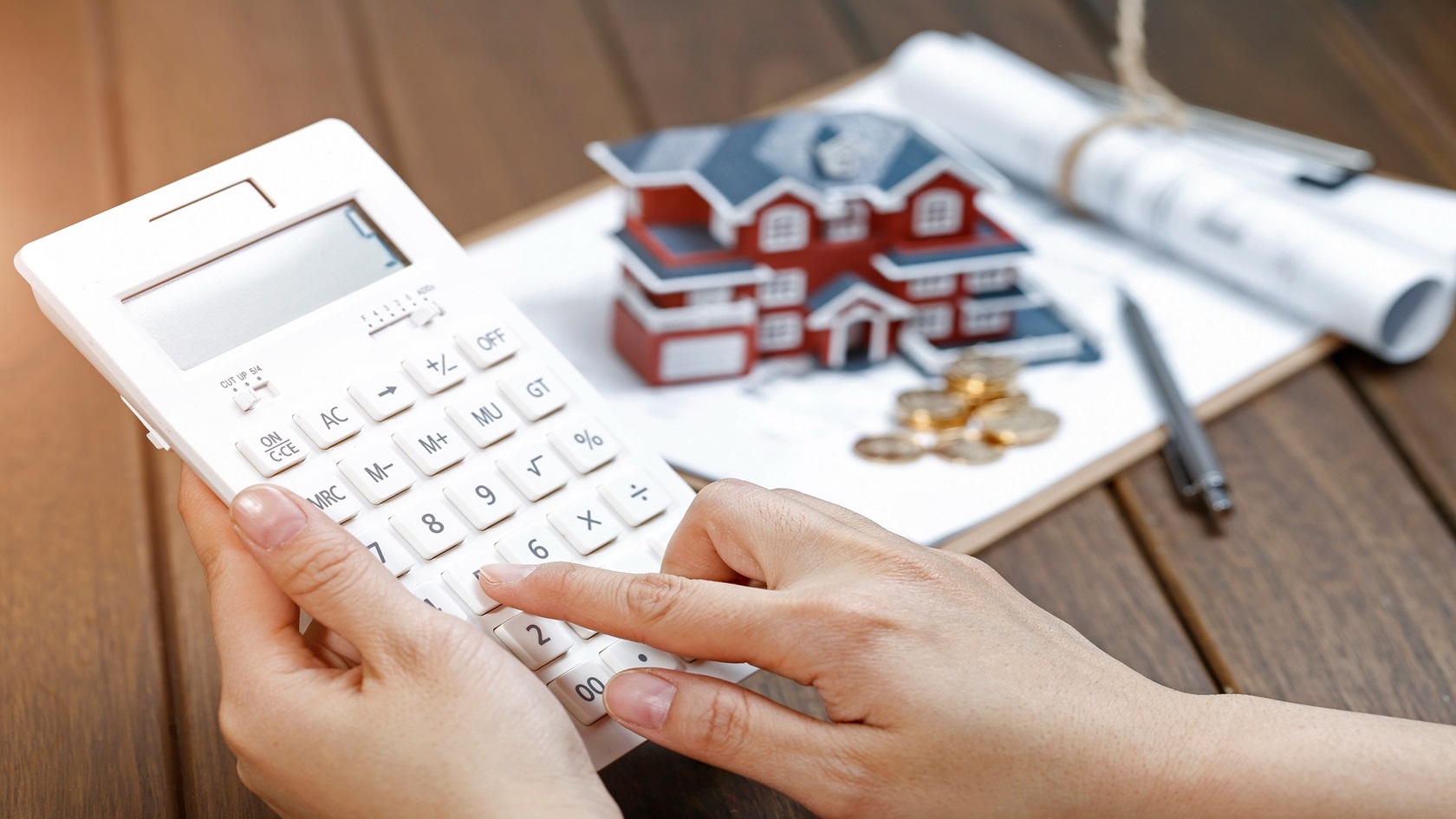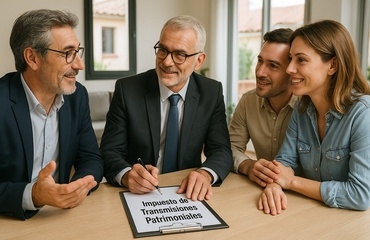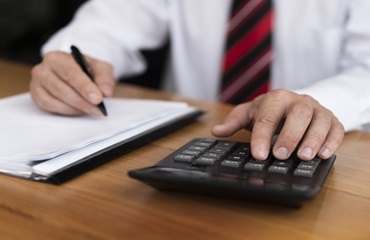
What taxes are paid when buying a house?
In Spain, when buying a house, in addition to the price of the property, a series of expenses associated with the purchase of the property must be taken into account. The total amount of the tax for buying a house depends on the autonomous community, its tax laws and the characteristics of the property.
If you want to know more about the taxes when buying a second-hand house, or what kind of taxes you need to pay in the case of new properties, read on.
Taxes to be paid when buying a house
When purchasing a home, the most common taxes that buyers must pay are Value Added Tax (VAT) or Transfer Tax (ITP), depending on whether the house is new or second-hand. In addition, in many cases, the Stamp Duty (Impuesto sobre Actos Jurídicos Documentados in Spanish, IAJD) must also be paid. Below, we detail how these taxes are applied depending on the type of house.
What taxes are paid when buying a new home?
If you are buying a new house, that is, one that you acquire directly from the developer or builder and that has not had a previous owner, you will have to pay two main taxes: the VAT and the IAJD.
VAT is the most significant tax you pay when buying a new home. The percentage of this tax depends on the type of property. The general VAT rate is 10% of the price of the property for permanent housing; in the case of subsidized housing (VPO), the VAT rate is 4%. For example, if you buy a new home for 200,000 euros, you would have to pay 20,000 euros of VAT in the case of a regular home.
As for the Tax on Documented Legal Acts (IAJD), it is applied when a public deed of sale is formalized. The percentage varies according to the autonomous community, but it is usually between 0.5% and 1.5% of the value of the property. In practice, this means that if the house costs 200,000 euros and the IAJD in your community is 1%, you will have to pay 2,000 euros.
What taxes are paid when buying a second-hand house?
When you buy a second-hand house, that is to say, one that has already had one or more owners, you do not have to pay VAT, but you do have to pay the Transfer Tax (ITP). Depending on whether a mortgage is formalized for the purchase, the IAJD may also apply.
The ITP is the tax that is applied to the purchase of second-hand homes. Its percentage varies according to the autonomous community and usually ranges between 6% and 10% of the purchase price. For example, in Madrid the ITP rate is 6%, while in other regions such as Catalonia it can reach 10%.
In some cases, reductions of this tax are applied for certain groups, such as young people under 35 years of age, large families or people with disabilities.
With regard to the Tax on Documented Legal Acts (IAJD), it is paid in the cases in which a mortgage is formalized to acquire the house. The percentage varies again according to the autonomous community, but generally it is between 0.5% and 1.5% of the value of the mortgage.
We will inform you about all this and much more if you buy a second-hand house among all the houses and apartments for sale that we have in HOFFMANN.
When are taxes paid when buying a house?
Payment of taxes related to the purchase of a home must be made at specific times in the buying and selling process.
• VAT is paid to the developer or builder at the time of purchase of a new home. Normally, this payment is made together with the price of the property.
• ITP must be paid within 30 working days of the signing of the public deed of sale. The buyer is responsible for presenting the self-assessment of the tax at the tax office of his autonomous community.
• The IAJD is paid at the moment of formalizing the public deed of sale or the constitution of a mortgage. Generally, this tax is settled together with other notary and registry fees.
It is important to bear in mind that, if these taxes are not paid within the established term, surcharges and penalties may be generated.
What taxes does the seller of a property pay?
It is not only the buyer who has tax obligations when buying and selling a property. The seller is also subject to the payment of certain taxes when selling his property. The main taxes that the seller must assume are:
Municipal Capital Gains Tax
This tax is levied on the increase in value of the urban land on which the property is located from the time the seller acquired it until the time of sale. The municipal capital gains tax is paid at the town hall of the municipality where the property is located. The amount to be paid will depend on several factors, such as the time that the seller has owned the property and the revaluation of the land.
Personal Income Tax (IRPF)
When a property is sold, if a capital gain is obtained (i.e., if the property is sold for a higher price than it was purchased), this gain must be declared in the seller's income tax return. The percentage to be paid as personal income tax varies according to the amount of the gain obtained, and can range from 19% to 23%.
However, there are important exemptions. For example, if the seller reinvests the money obtained from the sale in the purchase of another primary residence, he may not have to pay IRPF on the gain. Also, people over 65 years of age are exempt from paying this tax if the property they sell is their primary residence.








